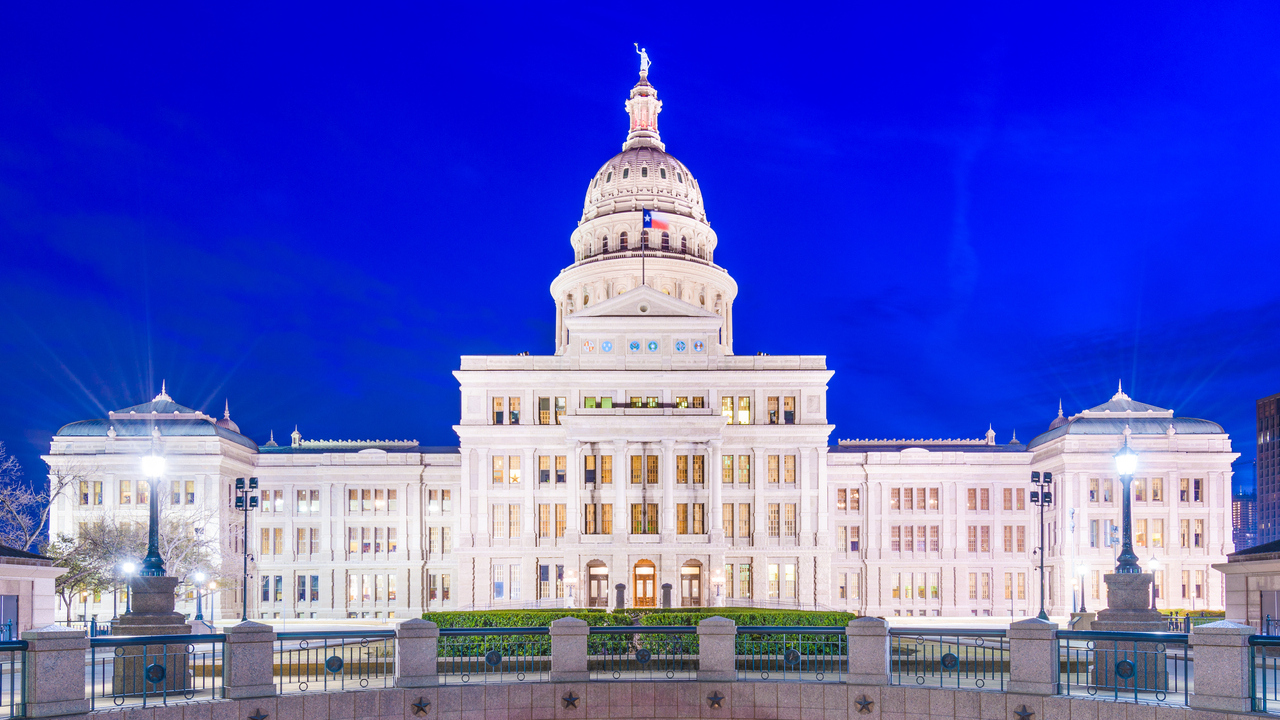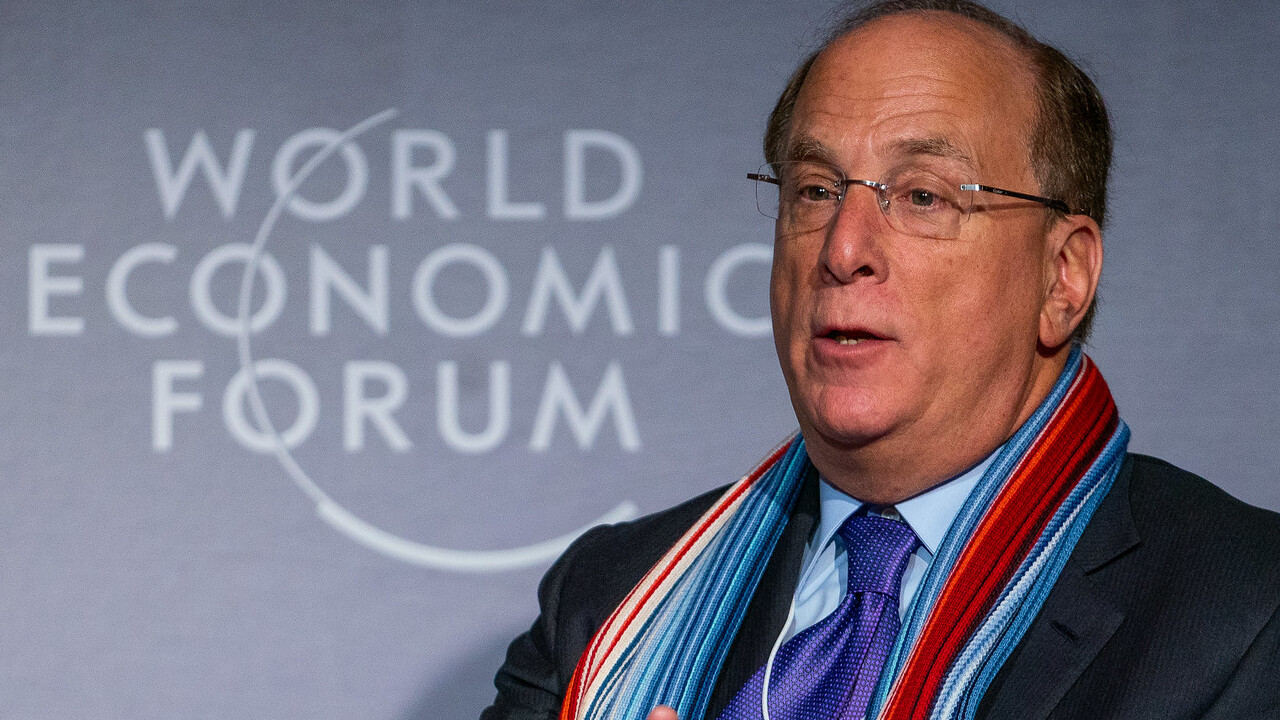Efforts to stem the tide of environmental, social, and governance (ESG) scores reached a zenith in 2022, due in large part to the actions of state financial officers and other state government officials. The State Financial Officers Foundation has been working to raise awareness on ESG investing and prevent it from being used as a weapon to advance political agendas. State treasurers have largely led the charge, often via decisions to divest from BlackRock and other institutions that boycott fossil-fuel projects. Several states have followed this example, resulting in more than $5 billion in divestment so far. Other state financial officers have taken similar actions, such as mandating transparency in proxy votes and removing proxy-voting power from activist asset managers. The foundation has also sent comment letters to the US Department of Labor and the Securities and Exchange Commission regarding ESG factors and climate-related financial risk.
There have also been actions taken regarding anti-Israel bias in company ratings and a probe into six major banks and their involvement with the UN’s “Net-Zero Banking Alliance.” Florida has approved measures to protect investments from ESG and focus solely on economic return. The pushback against ESG has already shown results, with U.S. Bancorp backing down from fossil-fuel lending and investment giant Vanguard withdrawing from the Net Zero Asset Managers initiative. State officers continue to raise awareness about ESG and how it can harm families, finances, and businesses, and how it conflicts with personal values.
Though 2022 was a good year, there is much more work to be done. We can only hope 2023 will bring greater success.
For further reading, see this article from National Review.
Jack McPherrin ([email protected]) is a managing editor of StoppingSocialism.com, research editor for The Heartland Institute, and a research fellow for Heartland's Socialism Research Center. He holds an MA in International Affairs from Loyola University-Chicago, and a dual BA in Economics and History from Boston College.






